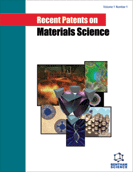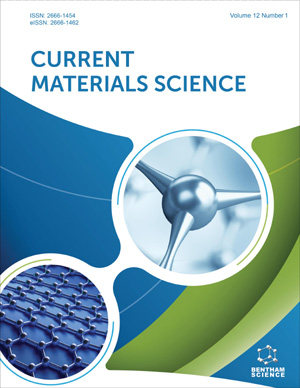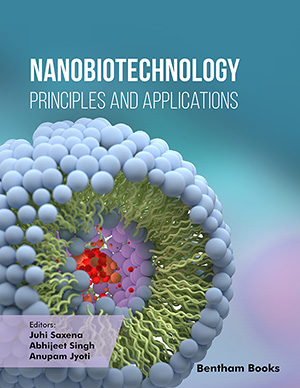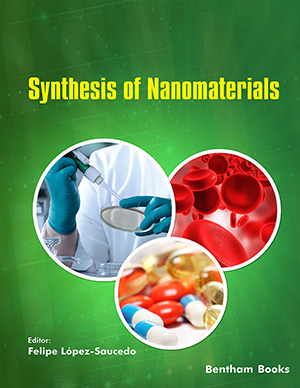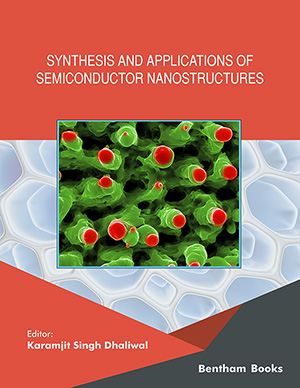Abstract
Nanomaterials have contributed to significant advancements in the realms of
biotechnology and medicine. A holistic examination of the different biocompatible
nanocomposites is discussed in this chapter. Their compatibility with state-of-the-art
engineering techniques, such as additive manufacturing to design practical surgical
implants, is also discussed. The importance and potential of nanocomposites and
manufacturing processes in implantable medical device industries are also thoroughly
considered. Nanomaterials' unique characteristics contrast with their large counterparts,
such as high surfaces, reactivity, and reproducibility. Their incorporation in matrices
has shown that the resultant composites' mechanical, chemical, and physical properties
can be improved.Consequently, a wide variety of technical technologies, such as energy products,
biomedical applications, micro-electrical equipment etc., have been intensively
researched. Furthermore, the foundation for many new medicines and surgical
instruments, including nanorobots, has been built on nanobiotechnology. It has been
utilized in almost every medical sector, and its usage in the treatment of different
diseases, such as cancer, neurobiology, cardiovascular disorders, joint and bone
disorders, eye diseases, and infectious diseases, has been evident through different
studies. Nanobiotechnology can promote diagnostics and the advancement of
customized medicine, i.e., prescribing unique therapeutics that are tailored to an
individual's needs. Many advances have already begun, and a definite effect on
medicine practice will be felt in a decade.
Keywords: Naturally occurring nanoparticles, green synthesis, nanomaterials, bacteriophages, biodegradation, biosynthesis.




